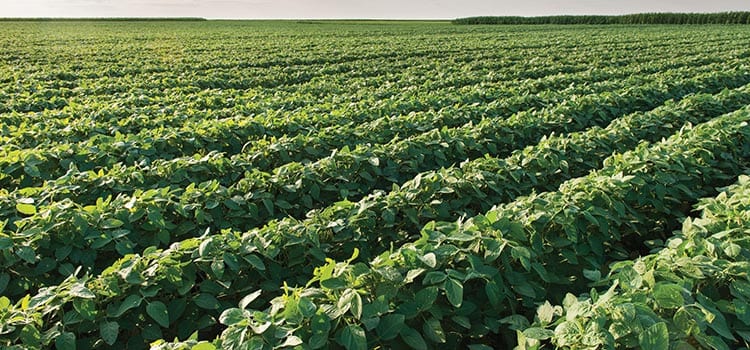
Northeast Signs Memorandum with Nebraska NRCS
 NORFOLK – As Northeast Community College continues to expand its offerings in agriculture and in developing a renewed focus on curriculum areas such as land stewardship, conservation and soil health, it also continues to strengthen its relationships with business and industry partners that can assist in those efforts. Nebraska’s Natural Resources Conservation Service (NRCS) is one such partner. The College and NRCS have signed a memorandum of understanding to solidify that relationship.
NORFOLK – As Northeast Community College continues to expand its offerings in agriculture and in developing a renewed focus on curriculum areas such as land stewardship, conservation and soil health, it also continues to strengthen its relationships with business and industry partners that can assist in those efforts. Nebraska’s Natural Resources Conservation Service (NRCS) is one such partner. The College and NRCS have signed a memorandum of understanding to solidify that relationship.
“At NRCS, we are committed to providing leadership in a partnership effort to help people conserve, maintain, and improve natural resources and the environment,” said Nebraska’s State Conservationist Craig Derickson. “NRCS is primarily known for its technical assistance to individual farmers and ranchers, yet in order to expand the reach and depth of conservation throughout our country, we must continue to expand our partnerships with other organizations and entities that really care about the quality of America’s natural resources.”
The MOU is designed to build an effective partnership between Northeast and the NRCS to advance the conservation of natural resources and assist ag producers and ranchers with best practices in managing agricultural and community resources. The partnership will focus on the areas of soil health, nutrient management, water quality, wildlife habitat, resiliency to climate change, and related conservation topics.
This is one of many partnerships Northeast has engaged in over the past few years. Other industry partners include Helena Chemical, Central Valley Agriculture, Channel/Monsanto, Pioneer and Encirca, and National Corn Growers Association as well as educational partners such as South Dakota State University and the University of Nebraska.
John Blaylock, vice president of Educational Services at Northeast, said, “These partners provide technical assistance and expertise in our applied research projects on the College Farm; they work with students in the classroom and as mentors in internships and they provide faculty with cutting-edge research and knowledge to add to the curriculum. Additionally, the university systems in Nebraska and South Dakota have been instrumental in developing pathways for Northeast students to continue their education in agriculture beyond an associate degree.”
Blaylock said NRCS is a critical link in the education of the current generation of farmers and ranchers and colleges such as Northeast are an important asset in educating the next generation of producers. Each year, approximately 350 Northeast students major in agriculture and related programs. Many of them go back to their family farms, while others transfer to four-year institutions or work within the industry once they graduate.
“The students walking through our doors are the next early adopters of new conservation techniques and practices and they really embrace the use of technology to enhance their work,” said Corinne Morris, dean of Agriculture, Math and Science.
Nebraska has long been recognized as a significant player, both nationally and internationally, in production agriculture. However, Dr. Michael Chipps, Northeast president, said with 93-percent of Nebraska’s land already being used in the industry, it is difficult to imagine how the ag sector can feed a growing world in the coming decades without advances in new technologies and conservation practices which will allow producers to grow more on less land with less resources.
“As a country and world leader in agriculture and a state with tremendous natural resources such as the Ogallala Aquifer, it really becomes critical that Nebraska be at the forefront of conservation, stewardship and the precision agriculture movement,” Chipps said. “We must all work together to ensure that our land and soil is sustained for future generations.”
Precision Agriculture, the College’s 11th agriculture program, will begin this fall. The two-year associate of applied science degree will focus on maximizing yield potential while developing more resource efficient practices and utilizing technologies and data systems to drive decision making.
As Northeast considers additional agriculture programming, it is also exploring plans for expansion of the Chuck M. Pohlman Agriculture Complex as well as the development of state of the art facilities and relocation of the farm operations at that site, east of the main campus on Benjamin Avenue in Norfolk.
–###–
PHOTO CUTLINE
Craig Derickson, Nebraska’s National Resources Conservation Service (NRCS) state conservationist, (left) presents Dr. Michael Chipps, president of Northeast Community College, with a sign that symbolizes a new partnership between the NRCS and the College. Chipps and Derickson signed a memorandum of understanding to solidify the relationship today.
